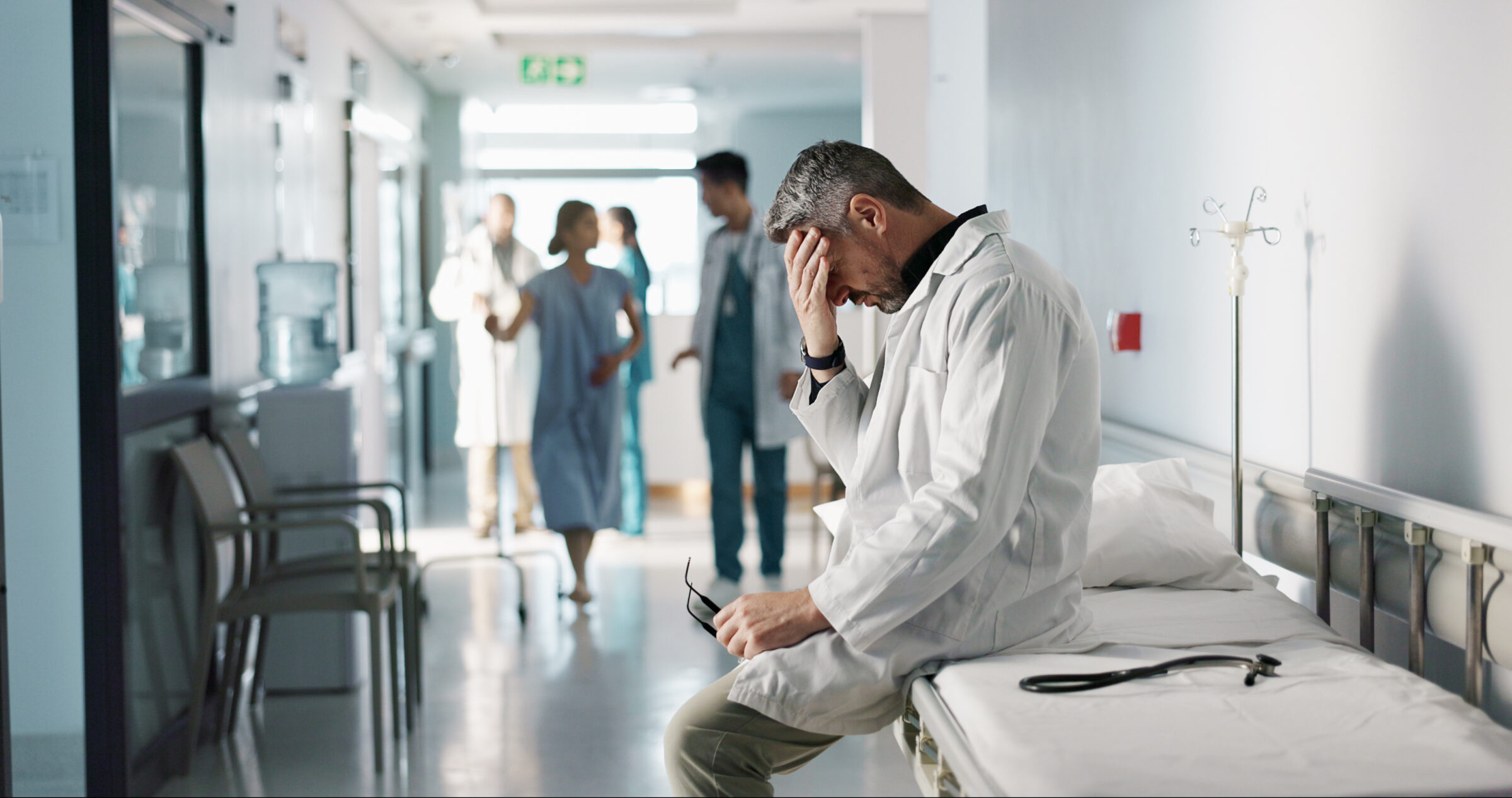Attacks on Medical Conscience Would Force Doctors to Take Human Life
Originally published at National Review- Categories
- Conscience
Legalizing euthanasia/assisted suicide, abortion, and transgender interventions for dysphoric children is only the beginning of the ongoing destruction of Hippocratic moral values in medicine. Once such interventions are legal, activists next insist that they become readily available.
But many (and I hope most) doctors want nothing to do with causing death or interfering with the normal functioning of healthy bodies. Indeed, many assisted suicide, abortion, and gender ideologues complain that too few doctors willingly participate in these procedures, as is sometimes protected by the law.
These “medical conscience” rights inhibit the increasing hegemony of utilitarian medical values in health care. As a result, once life-taking or mutilating procedures become legal, efforts soon begin to conscript unwilling medical professionals into performing them — both to ensure ready access and to send the cultural message that such actions are right and good.
The movement to quash medical conscience has been ongoing for many years, led by famous mainstream bioethicists such as Ezekiel Emanuel. It is also becoming a partisan issue as influential elements of the Democratic Party oppose medical conscience.
Now, the internationally influential bioethics professor Julian Savulescu has also weighed in to advocate a professional standard of care that would force doctors to take human life by forcing them to participate in assisted suicide and abortion:
After researching use of conscientious objection by health professionals, I have concluded it is seriously flawed when used to deny patients health services. This is especially so when particular doctors have a monopoly on service provision, as is the case with abortion and assisted dying in many rural and regional areas of Australia. . . .
Health-care professionals are not like pacifists refusing conscription into the military, opposing something forced upon them. They freely choose health-care careers that come with obligations and with ethical stances already established by professional codes of conduct.
People are free to hold whatever beliefs they choose, but those beliefs will inevitably close off some options for them. For example, a vegetarian will not be able to work in an abattoir. That is true for every one of us. But what shouldn’t happen is a doctor’s personal beliefs closing off legitimate options for their patient.
Do you see the goal? The plan is to kick pro-life and/or Hippocratic Oath-believing medical professionals out of medicine and deprofessionalize the sector, turning doctors into so many technocratic order takers. Lest you think that is an exaggeration, in Ontario, Canada, doctors can already be forced to kill patients qualified for euthanasia or find another doctor they know will do the deed. In British Columbia a hospice was defunded because it refused to participate in euthanasia.
Talk about unwise! If the law or professional ethics force, say, oncologists to commit assisted suicide, that will lead to a devastating brain drain of oncologists retiring or shifting to another area of practice. Concomitantly, destroying conscience will inhibit talented people with particular moral or religious beliefs from entering medical and nursing schools. Ditto forcing OB/GYNs to do abortions. And think of the future endocrinologists who will refuse to so specialize if they know that they will not only be expected to treat abnormal maturation but cause it with puberty blockers.
No. Comity is required to maintain a dynamic medical system, not coercion. Here are some principles I think should apply to this controversy:
- Except compelling circumstances in which a patient’s life is at stake (non-elective treatment), no medical professional should be forced to perform or participate in procedures or treatments that take human life.
- The rights of conscience should apply most strongly in elective procedures. That is, medical treatments not required to extend the life of, or prevent serious physical harm to, the patient.
- It should usually be the procedure that is objectionable, not the patient. In this way, for example, a physician could not refuse to treat a lung cancer patient because the patient smoked or maintain the life of a cognately devastated patient because they believe that people with profound impairments do not have a life worth living.
- No medical professional should ever be forced to participate in a medical procedure intended primarily to facilitate the patient’s lifestyle preferences or desires (in contrast to maintaining life or treating a disease or injury).
- In order to avoid conflicts and respect patient autonomy, whenever feasible, patients should be advised in advance of a professional or facility’s conscientious objection to performing or participating in legal medical procedures or treatments.
- The rights of conscience should be limited to bona fide medical facilities such as hospitals, skilled nursing centers, and hospices; and to licensed medical professionals, such as physicians, nurses, and pharmacists.
- Doctors should not be required to refer to a willing professional because that would be complicity. But they should be required to transfer a patient’s medical records upon request.
- The rights of conscience should apply to medical facilities such as hospitals and nursing homes as well as individuals.
As more states legalize assisted suicide and abortion through the ninth month, the medical conscience issue is again bubbling to the surface. But just because a medical procedure is legal, that doesn’t mean it is morally right. Honoring medical conscience allows patients to obtain such interventions from willing doctors, while also permitting dissenting medical professionals to stay true to their own beliefs/faith and continue to serve patients and society.
